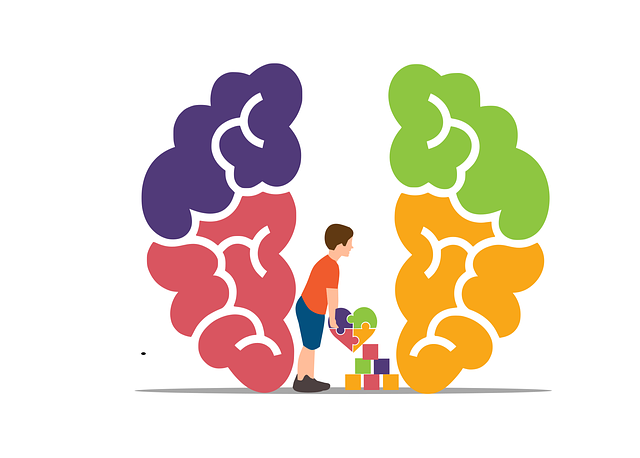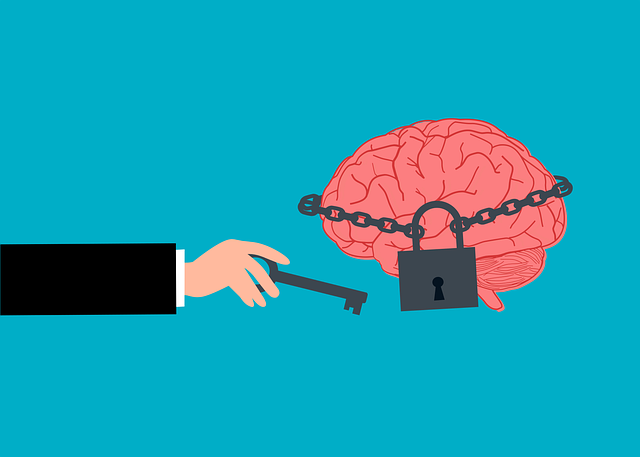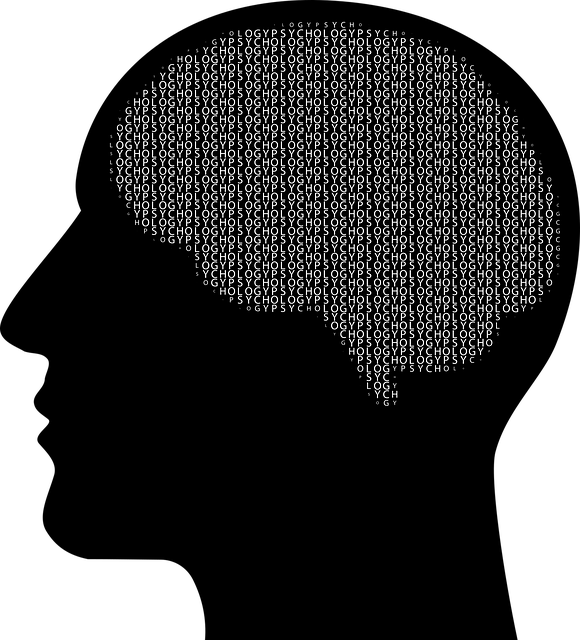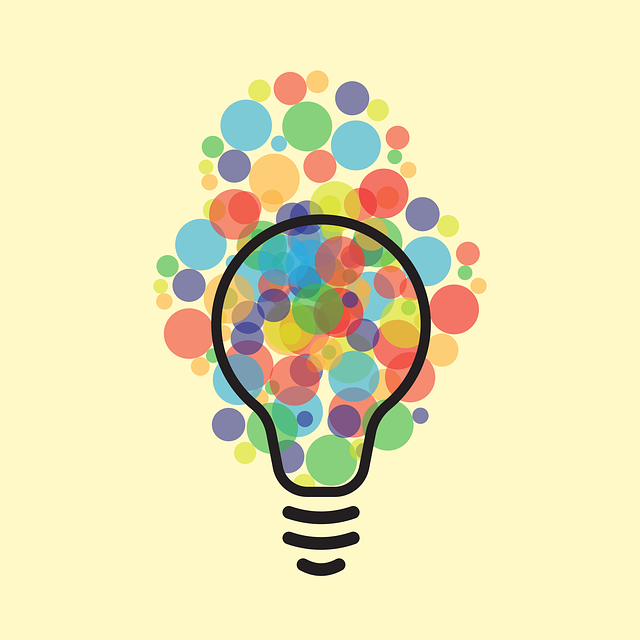Mindfulness meditation is a powerful ancient technique gaining popularity for stress reduction, managing ADD/ADHD symptoms, and trauma support. Regular practice enhances focus, emotional regulation, and overall well-being. Creating a dedicated meditation space at home fosters tranquility and self-care. Guided visualizations and body scans are effective techniques. Consistent mindfulness practices, despite challenges, lead to mental resilience and improved quality of life. Lone Tree offers ADD/ADHD evaluations and therapy to guide individuals through this journey.
Discover the transformative power of mindfulness meditation with our comprehensive guide. This gentle approach to focus and calm has been shown to offer significant benefits, especially for those managing Attention Deficit Disorder (ADD) or Attention Deficit Hyperactivity Disorder (ADHD). Learn how regular practice can enhance emotional regulation and improve overall well-being. From setting up a sacred meditation space at home to exploring various techniques, we provide practical tips for overcoming challenges and establishing a lasting routine. Join us on this journey towards inner peace, starting with Lone Tree ADD-ADHD evaluations and therapy.
- Understanding Mindfulness Meditation: A Gentle Approach to Focus and Calm
- The Benefits of Regular Practice for Focus and Emotional Regulation in ADD/ADHD
- Setting Up Your Meditation Space: Creating a Sacred Haven for Self-Care
- Techniques and Exercises: Navigating Through Different Mindfulness Practices
- Overcoming Challenges: Tips for Consistency and Building a Lasting Routine
Understanding Mindfulness Meditation: A Gentle Approach to Focus and Calm

Mindfulness meditation is a practice that cultivates present-moment awareness and gentle focus, offering a calm approach to navigating life’s challenges. It involves observing one’s thoughts, emotions, and bodily sensations without judgment, allowing individuals to develop a deeper sense of self-awareness and inner peace. This ancient technique has gained popularity for its effectiveness in stress reduction methods, as it empowers people to manage their mental health and ADD/ADHD symptoms more effectively.
By incorporating mindfulness into daily routines, one can enhance overall well-being and create a safe space within the mind. It serves as an excellent tool for trauma support services, helping individuals process and release distressing memories or emotions. Moreover, regular practice contributes to self-care routine development for better mental health, fostering resilience and a positive relationship with oneself.
The Benefits of Regular Practice for Focus and Emotional Regulation in ADD/ADHD

Regular mindfulness meditation practice can be a powerful tool for individuals with ADD/ADHD to enhance their focus and emotional regulation skills. By cultivating present-moment awareness, individuals can learn to quiet the mind’s incessant chatter, allowing them to concentrate more effectively on tasks at hand. This heightened focus can significantly improve performance in school, work, or daily activities that require sustained attention.
Moreover, mindfulness meditation helps build inner strength by fostering emotional resilience. It enables people with ADD/ADHD to observe and accept their emotions without judgment, leading to better coping strategies and a reduced impact of mood swings. This practice contributes to Mental Health Awareness and Mental Illness Stigma Reduction Efforts by promoting self-awareness, self-acceptance, and effective stress management—key aspects of holistic well-being for all individuals, including those navigating the challenges of ADD/ADHD.
Setting Up Your Meditation Space: Creating a Sacred Haven for Self-Care

Setting up a dedicated meditation space is akin to creating a sacred haven for self-care—a place where you can escape the chaos of daily life and nurture your mind and soul. Consider transforming a quiet corner of your home into your personal sanctuary. A clean, clutter-free environment promotes focus and tranquility, making it easier to immerse yourself in the practice. Incorporate elements that resonate with you; perhaps a potted plant for some natural beauty or soft lighting to create a calming ambiance.
This space should evoke feelings of calm and inspire you to engage in regular self-care practices, including mindfulness meditation. Think about it as your personal retreat, where you can develop self-awareness exercises and incorporate self-care routines for better mental health, ultimately transforming your relationship with yourself and the world around you—much like a Lone Tree stands tall and solitary, strong against the elements.
Techniques and Exercises: Navigating Through Different Mindfulness Practices

Navigating through different mindfulness practices can seem like exploring a vast landscape, but for those seeking solutions like Lone Tree ADD-ADHD evaluations and therapy, it offers a path to clarity and calm. Techniques vary from guided visualizations, where one follows a soothing narrative to focus on breath or sensations, to body scans, which methodically attend to each part of the body, cultivating awareness and relaxation.
Self-care practices such as mindfulness can serve as effective Stress Reduction Methods. By engaging in these exercises regularly, individuals can enhance their ability to manage symptoms associated with conditions like ADD-ADHD. Incorporating mindfulness into daily routines not only promotes Mental Health Policy Analysis and Advocacy but also empowers individuals to take charge of their well-being. It’s a journey that fosters mental resilience and opens doors to improved quality of life.
Overcoming Challenges: Tips for Consistency and Building a Lasting Routine

Overcoming challenges is a significant part of establishing a consistent mindfulness meditation practice, especially for those managing conditions like ADD/ADHD. It’s common to face obstacles when incorporating new habits into your routine, but with strategies tailored to your needs, you can build resilience and maintain focus. One effective approach involves breaking down your practice into manageable segments, starting with shorter sessions and gradually increasing duration as comfort allows.
Integrating mindfulness into daily life requires patience and self-compassion. Consider using reminders or apps designed for meditation to keep you on track. Additionally, creating a dedicated space free from distractions can foster a sense of calm and make your practice more accessible. Building emotional intelligence through mindfulness can also aid in managing symptoms of ADD/ADHD and anxiety relief by teaching you to recognize and respond to your emotions in healthy ways. Remember, consistency is key; even small, regular practices have been shown to contribute significantly to mental wellness.
Mindfulness meditation, as explored in this guide, offers a powerful tool for managing ADD/ADHD symptoms. By understanding its core principles, establishing a dedicated practice space, and employing various techniques, individuals can enhance their focus, emotional regulation, and overall well-being. Overcoming challenges with consistency is key; adopting practical tips ensures a lasting mindfulness routine that may even be enhanced by seeking professional support from Lone Tree ADD-ADHD evaluations and therapy services.










